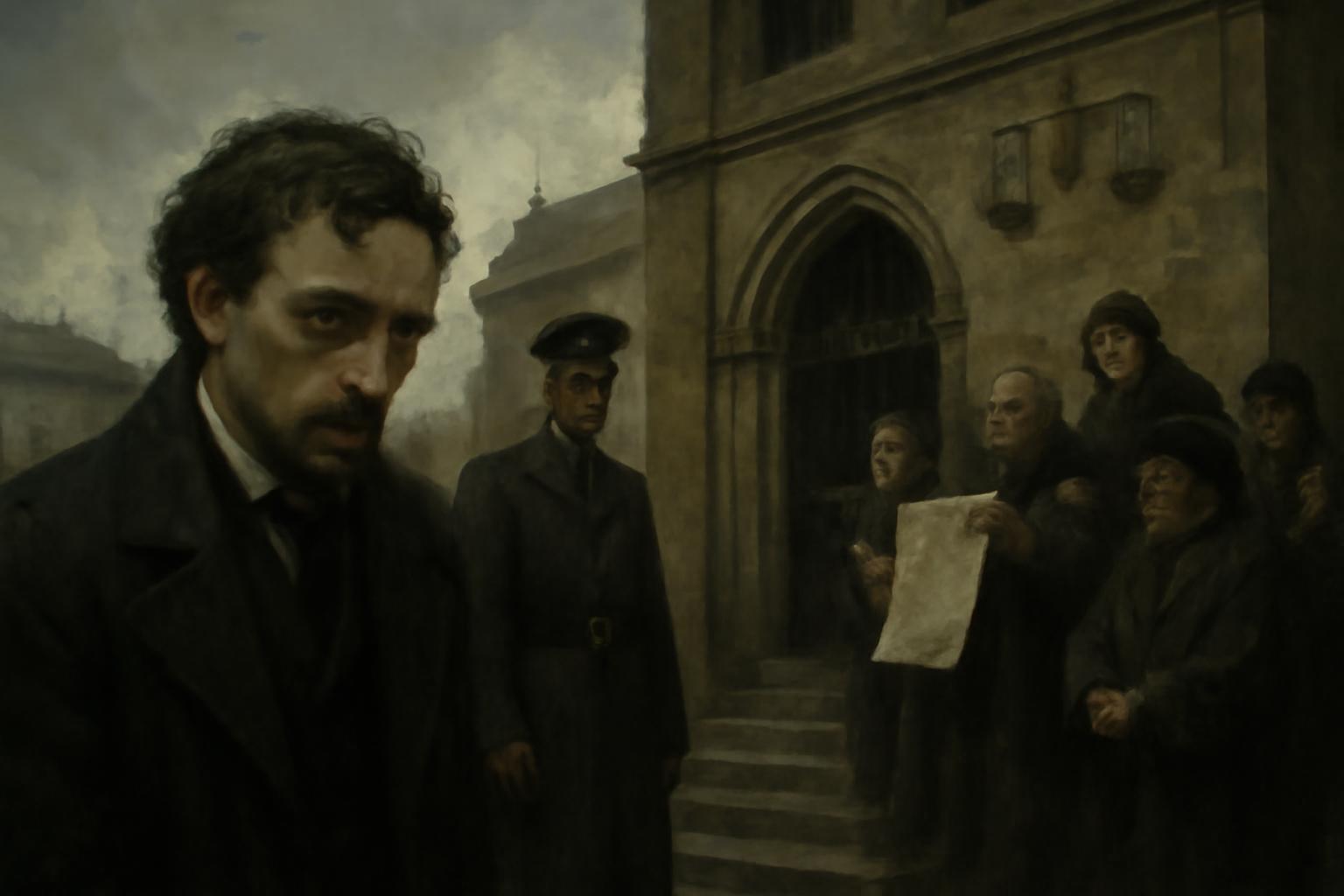In the dim glow of Ludwigshafen’s council chamber, the vote stood like a stark chorus: six to one, and the stage was cleared for the man from the ballot not to appear, a political specter excised by a verdict that some called prudent treachery, others a mercy to the Republic’s fragile nerves. They claimed him not for crime, but for loyalty—loyalty to the free democratic basic order—the Verfassungstreue that the municipal code of Rhineland-Palatinate demands. A public session bore witness to this severing, and the city, already weary, felt the familiar ache of democracy tested by the fearsome question: who deserves to be allowed to seek power, and on what grounds may doubt become decree?
The story, in truth, is not merely about one candidate’s fate on a single September ballot. It is a tightening spiral: the committee’s concerns point to Verfassungstreue, to incidents whispered by the Verfassungsschutz, to a history threaded with the so-called New Right and a gesture from 2023 that some read as extremist, though the man stoutly denies knowledge of any such connotations and disputes the sanctions once laid upon his party. He has sat in the Rhineland-Palatinate state parliament since 2016, his campaign entwined with currents some call dangerous, others say merely fashionable. And the twist is cruelly simple: the AfD could not vote because its representative was designated too late. Thus the chain of evidence becomes, in the eyes of many, both concrete and precarious—facts vetted by courts, or suspicions braided with party affiliation, a distinction that constitutional lawyers remind us cannot easily be dissolved.
So the fabric of the case remains taut: an emergency procedure before the Administrative Court Neustadt an der Weinstraße, a possible post-election ruling that could demand a repeat vote, a map of legality that must be read with care lest principles dissolve into rumor. The chorus warns that to disqualify a candidate, one must plant the flag of verifiable fact, not merely to brandish suspicion or to sanctify party lineage as proof of loyalty. And all the while, the city watches, caught between the stubborn pulse of democratic procedure and the sighing inevitability that in such a polity, the line between prudence and exclusion is a razor.
What, then, are we to say of this moment, except that it reveals the deepest pathology of our age: democracy, once the living theater of equal claims, now sometimes trembles beneath the weight of fears that resemble prophecies. Nietzsche would remind us that the will to power often cloaks itself as the will to order, and in the microcosm of a local ballot we glimpse a tragedy as old as tragedy itself: the attempt to curb chaos with rules that themselves may ferment new chaos. The Greeks called such moments fate’s cruel joke, where justice wears a veil and resembles mercy only when the crowd believes it to be mercy. And so the case presses on, a microcosm of a Western culture that, in its grandeur, still can falter at the edge of doubt, still can mistake guardianship for tyranny, still can mistake fear for virtue.
If we must endure, we endure with the sober knowledge that protecting democracy at the local level is no innocent task, no simple guardianship of ballots. It is a fragile discipline, a dialogue with the possibility that the republic’s dawn may be postponed by procedures, by appeals, by the stubborn insistence that loyalty is a measurable thing, and by the grim, inexorable truth that the theater of politics is always at risk of becoming a Greek tragedy: a chorus lamenting a city’s return to the old cycles of suspicion and power, where every decision is charged with the memory of past betrayals and the fear that the future, too, will betray us.
